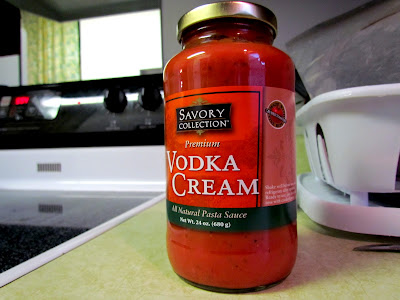Many years ago, on the island of Oahu, a sturdy pine tree was unpacked in the parking lot of the Hickam Base Exchange.
(For the purposes of this story, we’ll call him "Ferguss.”)
He was placed in a row with others of his kind, to be presented to dozens of families eagerly awaiting the first shipments of Christmas trees from the mainland. It was an exciting time to be a tree.
It was also an exciting time to be a Lueders. In my family, getting a real Christmas tree wasn’t just a tradition -- it was a core tenant of our belief system. Artificial “Christmas trees” were for families that didn’t love their kids enough to give them the real thing.
And so, it came to pass that my dad happened upon Ferguss in that tree-filled lot.
Choosing a Christmas tree is perhaps the single most important decision one can make during the holiday season. You can’t simply rush something that will determine the overall level of Christmas cheer for almost a month. But this one was perfect.
In short order, Ferguss found himself strapped to the family van, and ferried to the home he was destined to fill with delight. But as we lovingly adorned him with an assortment of decorative items, none of us were aware of the Christmas magic that awaited us.
For you see, Ferguss was not an ordinary tree. Like other trees, he could not speak. But if he could, he might have said something like this:
How nice it is to be here, surrounded by adoring faces, each one filled with the joy of the season! And this acapella Christmas album playing on the stereo -- simply magical! How do they make such a diverse array of sounds with only the human voice at their disposal? You are quite right to listen to this incessantly for so many hours. And now -- at last -- I can do what I came here to do, surrounded by so much love!
I can die in peace. Farewell!
And verily, Ferguss passed away.
Unlike other Christmas trees, which had filled our living room with their jolly green boughs, and our nostrils with the perky scent of pine, Ferguss quickly began to do something else: decompose. In a few days, his needles were already turning brown, and falling out in alarming quantities. Ferguss was like that wretchedly touching tree from a Charlie Brown Christmas -- except that the more love we bestowed upon him, the more scraggly and depressing he became.
Dad did not take it well.
For years, Dad had prided himself on being a tree hunter extraordinaire. It was no small task to pick out a tree that fulfilled his standards from amongst the battered, lackluster shipments that arrived on the island. And with each year, his taste in trees had become more exacting. The tree had to be full, tall (but not too tall), with minimal shedding, and a price that wouldn’t deplete the general gift fund.
Other families had merely acceptable Christmas trees. Trees we would scoff at in private.
Now, we were worse than those other families, snookered by a deceptive nevergreen. Rather than a point of pride, Ferguss had become something else.
Not just a bad tree. The enemy.
“I hate that tree,” Dad would say, staring at it from across the room.
“I really hate that tree.”
Still, the rest of us endured. We pretended that the piles of brown needles were a festive addition to our home decor. Maybe brown was just a different shade of green! Maybe the tree would even get better. If we just believed hard enough, anything could happen. This was Christmas, after all.
And when Christmas morning rolled around, all eyes were on Ferguss.
For you see...
… Nothing had changed.
Still brown. Still ugly. Still dead.
Ferguss was just a frickin’ awful tree.
Typically, Christmas trees in the Lueders home stuck around for a while after the big day. Ferguss, on the other hand, was quickly hauled to our backyard fire pit, to await his final judgment.
Some say that when Ferguss was lit ablaze, he burned more warmly and brightly than any other Christmas tree had. Perhaps he did. But in the glow of his light, someone was heard to remark,
“That was the worst Christmas tree ever!”
And it was.
THE END















